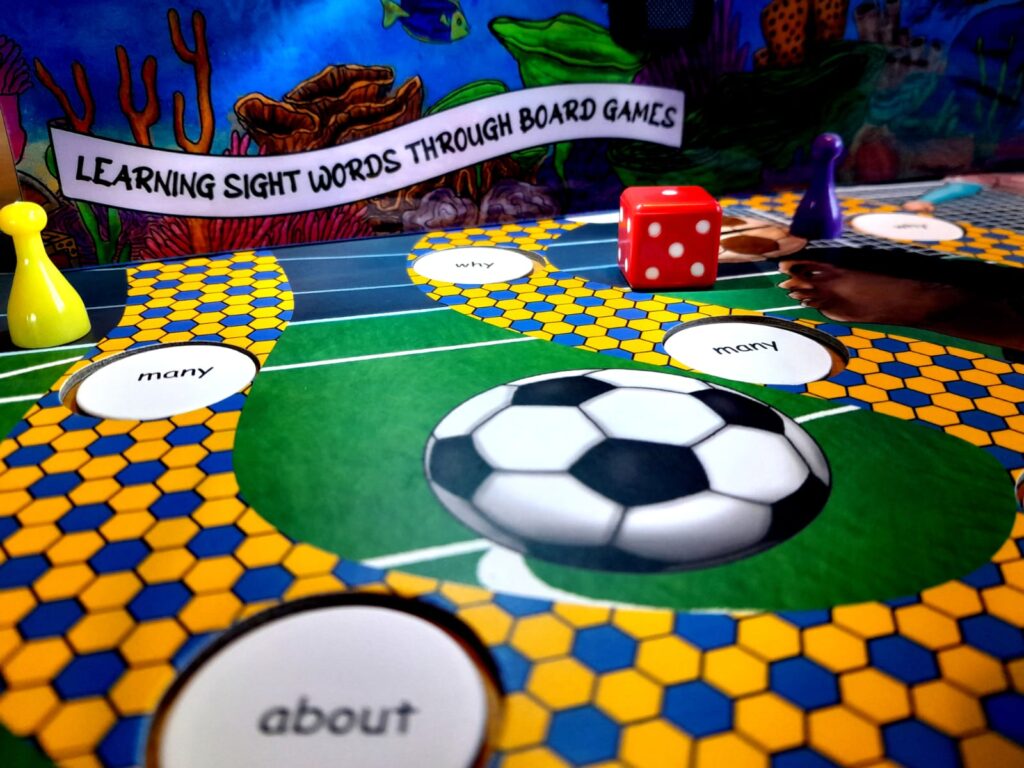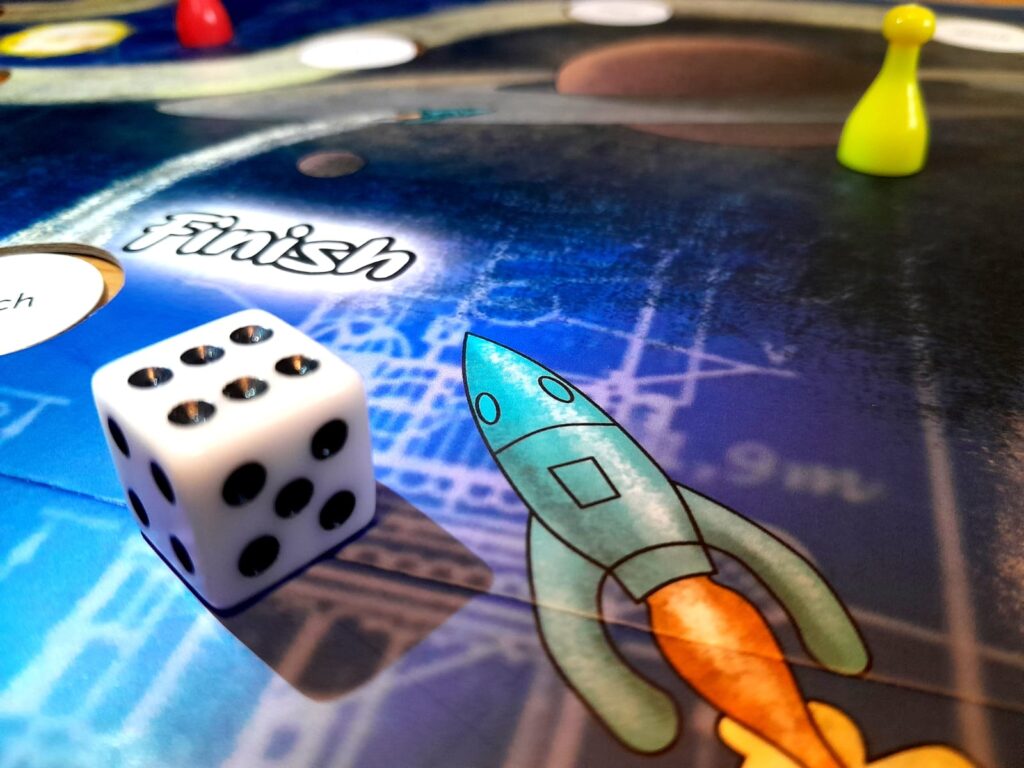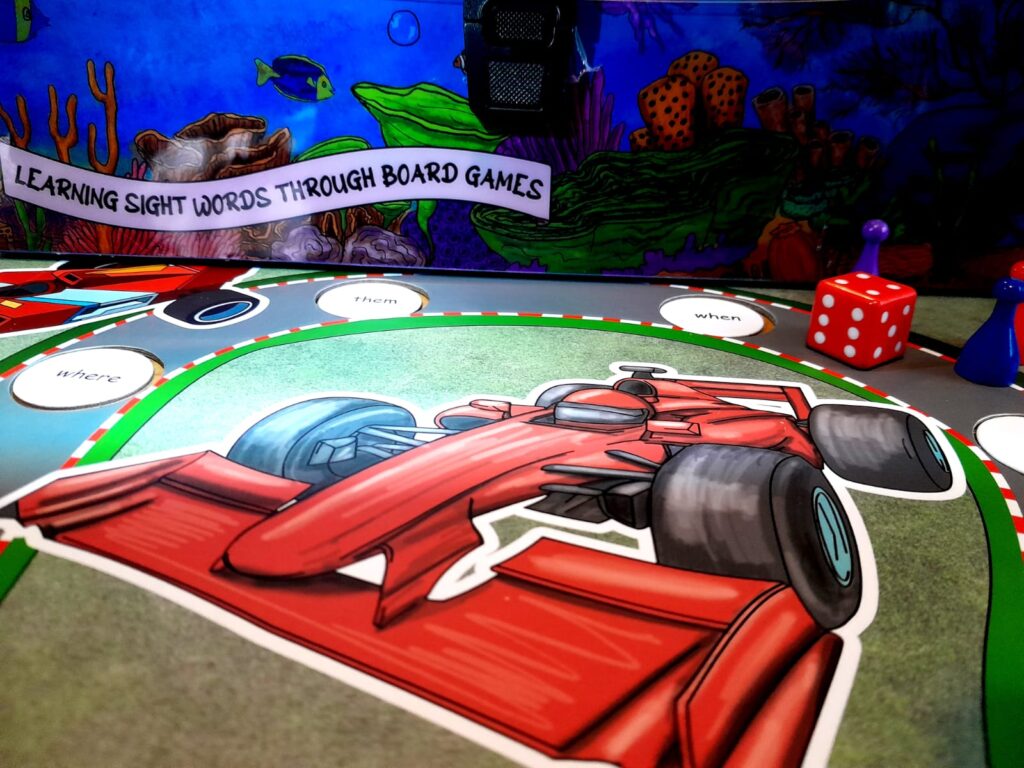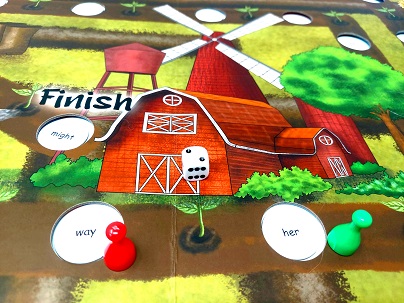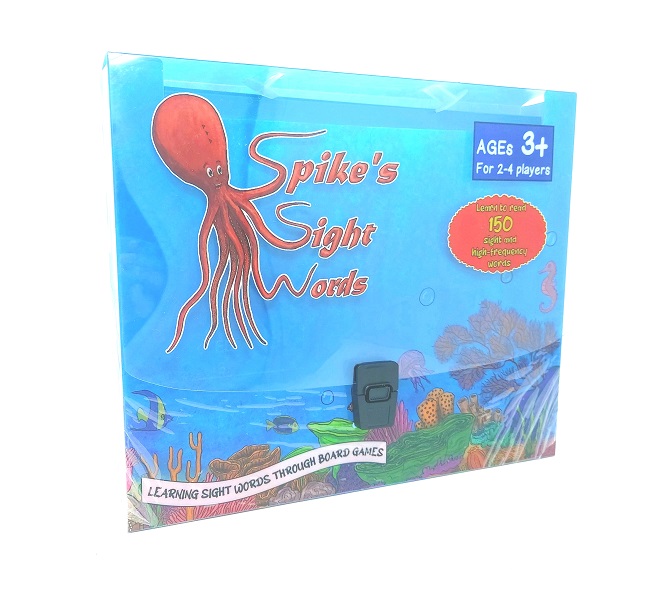
Importance of game play to help children learning to read

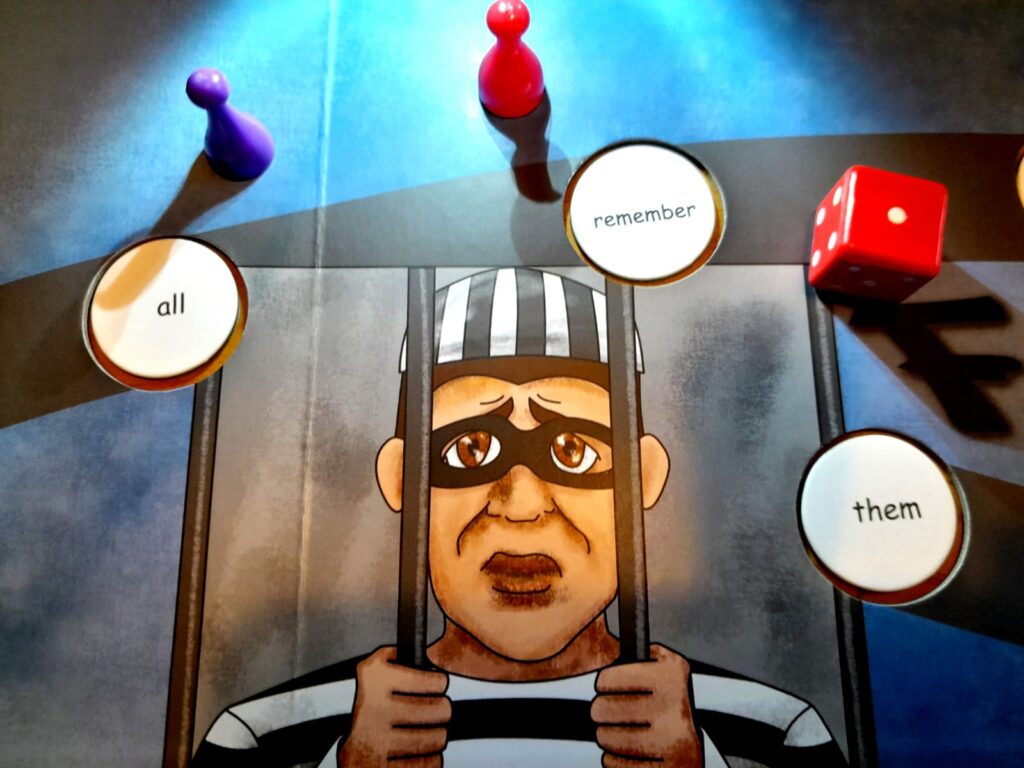
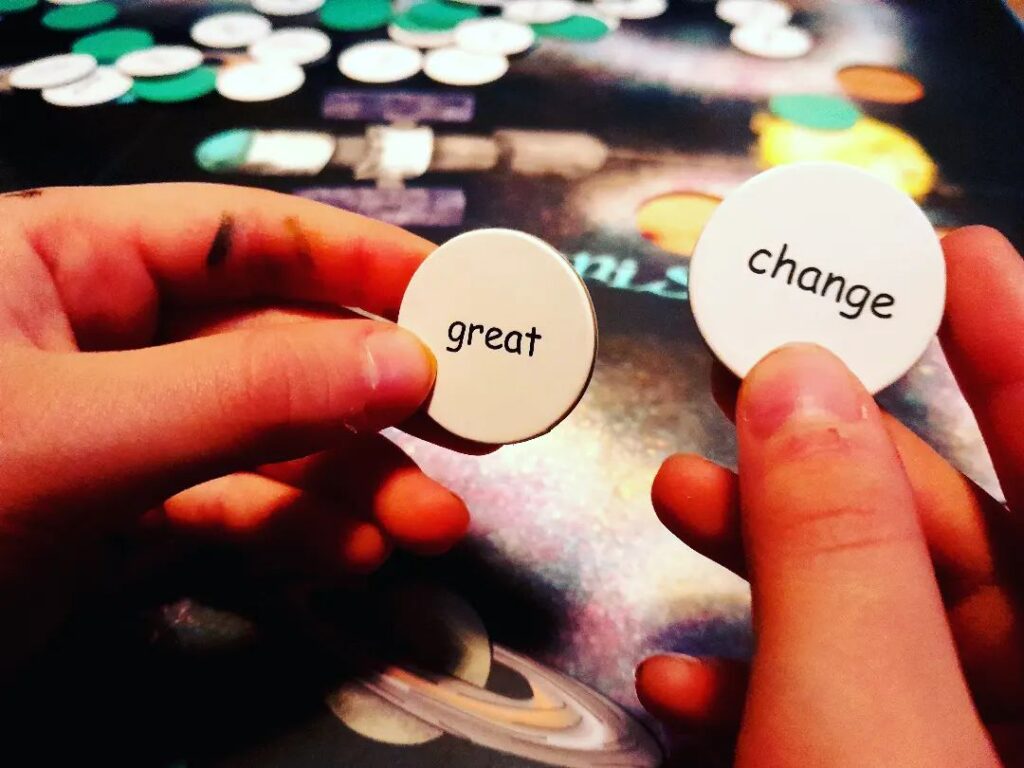
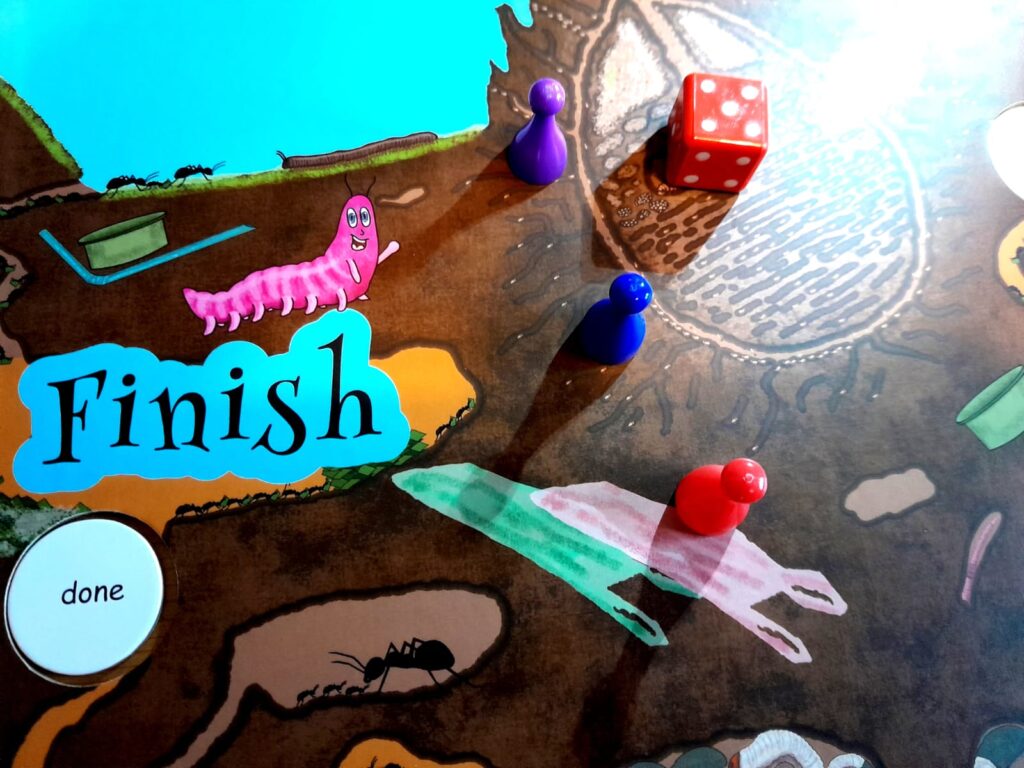
1. Games make learning fun
Children are more likely to engage in activities that are fun and enjoyable. Games can provide a fun and interactive way for children to learn to read. When children are having fun, they are more likely to stay engaged and motivated, which can lead to better learning outcomes.
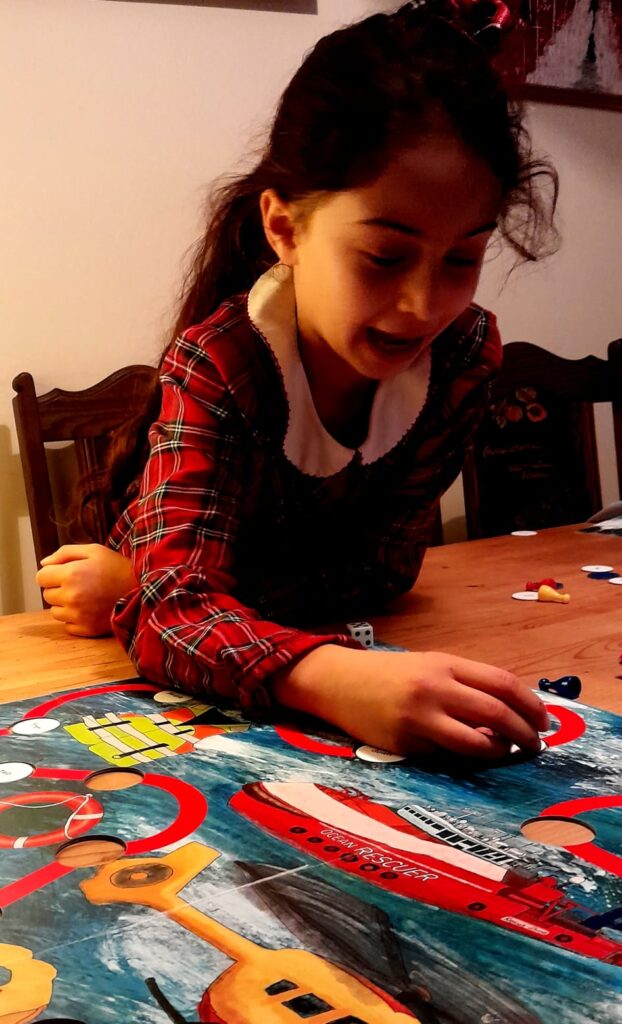
2. Games provide a hands-on learning experience
Games can provide a hands-on learning experience that allows children to practice their reading skills in a meaningful way. For example, a game that involves matching words to pictures can help children practice their reading comprehension skills. By playing games, children can apply what they have learned in a fun and interactive way.
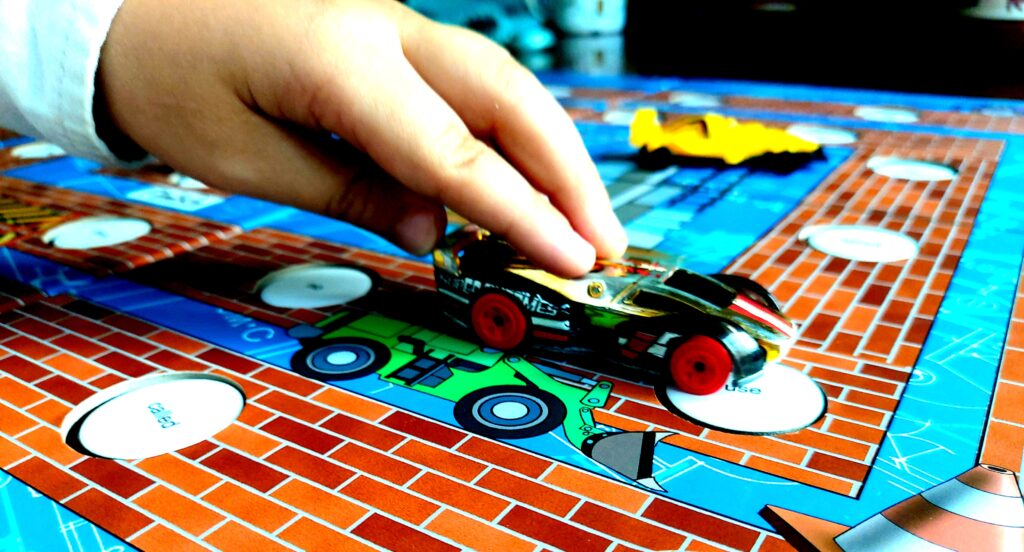
3. Games can help children develop important literacy skills
Games can help children develop important literacy skills such as phonemic awareness, phonics, vocabulary, and comprehension. For example, a game that involves matching letters to sounds can help children develop phonemic awareness, which is the ability to hear and manipulate individual sounds in words. Games that involve reading and comprehending text can help children develop their vocabulary and comprehension skills.
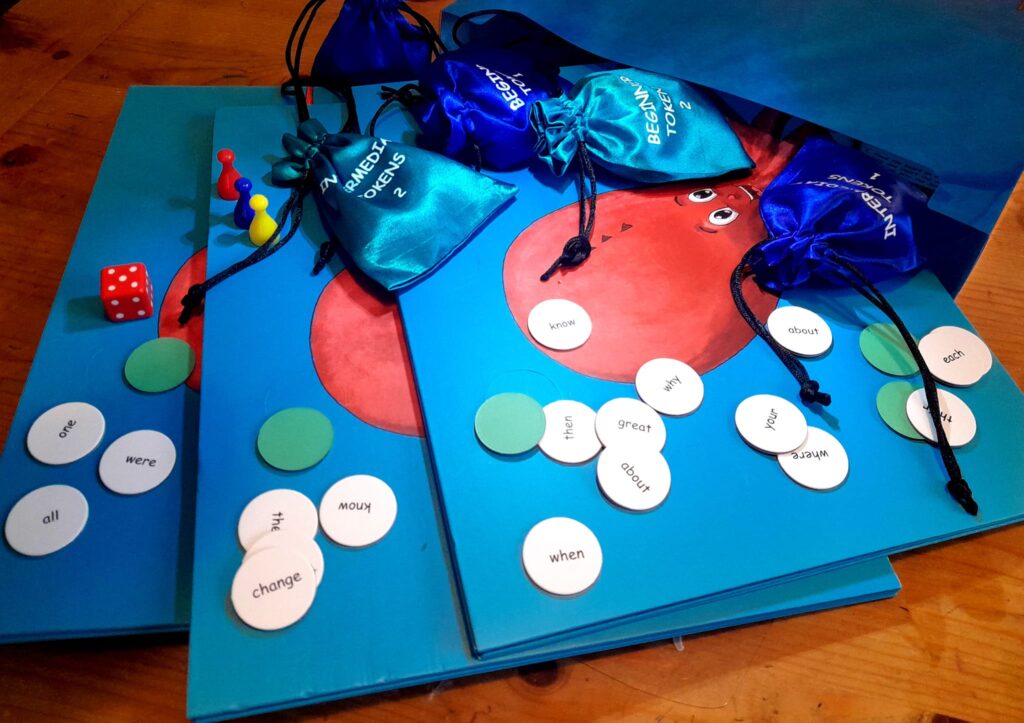
4. Games can help children build confidence
Games can provide a low-pressure environment for children to practice their reading skills. When children feel confident in their abilities, they are more likely to take risks and try new things. By playing games, children can build their confidence and develop a positive attitude towards reading.

5. Games can be tailored to meet individual needs
Games can be tailored to meet the individual needs of each child. For example, a game that involves matching letters to sounds can be adjusted to match the child’s skill level. By tailoring games to meet individual needs, children can receive targeted support that can help them improve their reading skills.
